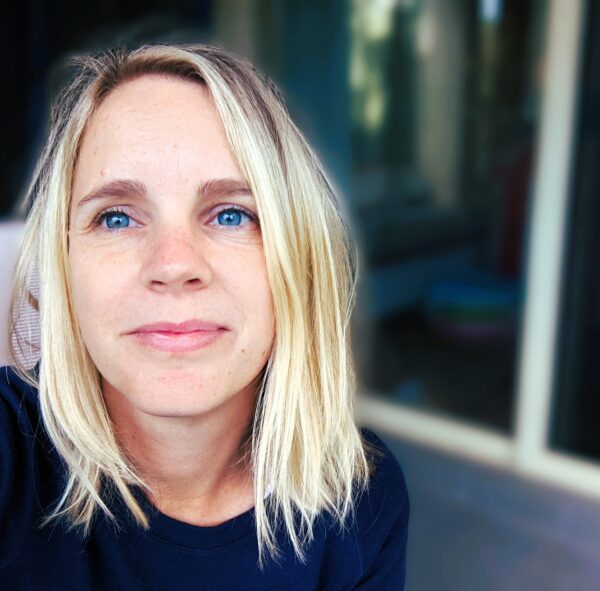
FWA: You’ve been working with fiction and memoir writers as a professional editor for over a decade, including many who have gone on to be commercially published. How easy is it to spot a manuscript you believe will be picked up by a publisher?
SB: There’s something of an alchemy to it, I think, and the market is very changeable. Nonetheless, the combination of good writing, a fresh, lived perspective and a story that feels as if it needs to be told will always be what cuts through. The writers I’ve worked with who have gone on to commercial publication wrote from a diverse range of perspectives, telling very different stories; what distinguished them was their understanding of narrative, their sensitivity to detail, and the authenticity of their voice. I think it’s important for aspiring life writers to hear that it’s possible for any kind of story to be published. One’s experience does not need to be extraordinary, and in fact the ordinary can be made extraordinary through good writing. The writing itself—narrative arc, voice, detail—is what will catch a publisher’s eye.
FWA: Do new writers struggle to put pen to paper when writing true stories because they fear what the real-life people might think of their work? Is this fear valid?
SB: Any writer in any genre approaching a new project does so with a healthy sense of trepidation, I think, but there is undoubtedly something unique to the experience of writing from one’s own life. It’s a fine line to walk, when drawing from real life, to be sensitive to the perspectives of those who are being depicted—but it’s essential. The Writing True Stories course tackles these kinds of ethical questions explicitly, and aims to prepare authors of memoir and creative non-fiction to write from life with both confidence and sensitivity. The fear is, perhaps, valid! But it can be overcome with a thoughtful, informed approach.
FWA: Life writing requires authors to draw from personal experiences. What are the advantages of teaching in-person when working with potentially sensitive material?
SB: I am a great advocate of in-person teaching, especially in the realm of creative writing. Sharing one’s work is such an intimate act, and perhaps no more so than when that work is centred on the self. Building rapport and trust with our fellow writers is crucial, and I think that the in-class, in-person experience can be an incredibly valuable proving-ground for new writers to build their craft.
FWA: In Writing True Stories you will be working closely with passionate memoirist, Patti Miller. How will your students benefit from this impressive double-act?
SB: Patti has such a depth and breadth of experience and knowledge in this space—her crafting of the course and her one-on-one input with students will be invaluable. I come from an editorial background, as well as being a published writer of both fiction and non-fiction, and I think that my experience in what we might call the space between writing and publishing—editing is an absolutely crucial step on the way to publication—allows me to bring a unique perspective to the writing process. I’ve taught creative non-fiction writing for several years as well as working one-on-one with memoir writers at all stages of manuscript development, and that has given me an especially astute sense of how to help writers hone and refine their craft.
FWA: What great memoirs have you read lately?
SB: I’m reading Hilary Mantel’s Giving Up the Ghost at the moment. She’s a writer with an incredibly fine observational eye, and a voice that is entirely hers. I’m also re-reading Fiona Wright’s Small Acts of Disappearance, which I was lucky enough to teach a few years ago: I’m interested in authors of life writing who use form in new and interesting ways. I think it helps us to think about the expansive possibilities of the genre. And, of course, I’ve been taking the opportunity to re-re-read Patti’s Memoir Book and Writing True Stories as well!
Bookings are currently open for our Writing True Stories course Dr Sophia Barnes.
Writing True Stories
with Dr Sophia Barnes and Patti Miller
SYDNEY
Mondays 6.30pm – 8.30pm
17 February – 30 June 2025